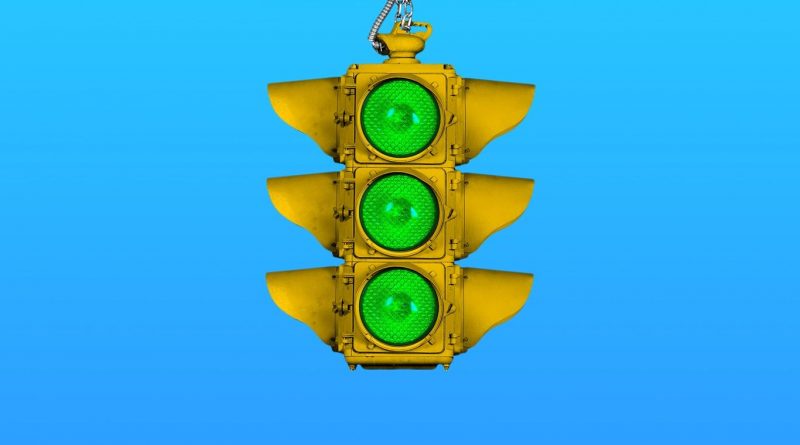CDC greenlights another round of COVID booster shots

Illustration: Aïda Amer/Axios
The Centers for Disease Control and Prevention on Wednesday moved to make a second omicron booster available for adults 65 and older and immunocompromised people as soon as late this week.
Why it matters: The agency's sign-off allows nearly 60 million eligible Americans with waning immunity to COVID-19 receive an additional dose of bivalent vaccine from Pfizer and Moderna and reduce their risk of hospitalization or death.
Driving the news: The go-ahead came hours after outside advisers to the agency backed the change in vaccine strategy first approved by the FDA on Tuesday.
- It's also the latest in the Biden administration’s efforts to simplify vaccination schedules and “encourage future vaccination,” said Peter Marks, director of FDA’s Center for Biologics and Research.
Yes, but: The Advisory Committee on Immunization Practices said the more complex considerations for children under the age of 5 could stir confusion for pediatricians and parents trying to determine eligibility.
- A CDC presentation listed nine different scenarios that depend on vaccination status, brand of vaccine received and the number of doses a child has had.
- Other members noted that pregnant patients and immunocompromised children younger than 5 years old who had Pfizer don’t yet qualify for an updated booster, potentially leaving them at higher risk.
What they’re saying: In a Tuesday briefing, Marks acknowledged that the most recent changes are “still somewhat more complicated than desirable.”
- “Unfortunately, this was where we were left with the data that we had at hand,” Marks told committee members on Wednesday, adding that more update are likely to come in the fall.
By the numbers: Roughly 55.6 million people, or 17% of eligible Americans, have received a bivalent booster dose, according to the latest CDC data. For those 65 and older, booster uptake is about 43%.
- The lowest coverage — 0.5% — is among children under the age of 5, which CDC senior epidemiologist Ruth Link-Gelles said makes measuring vaccine effectiveness challenging.
- Nearly 1 in 4 participants surveyed in a January CDC report said they weren’t aware of their eligibility for a bivalent booster.
- While close to 70% who hadn’t received a booster said they planned to, less than 30% reported actually getting it in a follow-up survey.
State of play: Outside advisers to the FDA in January unanimously recommended replacing the original COVID shots with ones that specifically target omicron subvariants, the latest of which is driving a surge of infections in India.
- The January expert panel, however, stopped short of determining whether a yearly dose will be needed for the general population — a question the FDA requested they consider.
- An agency advisory committee will take up the matter in June, about a month after the COVID public health emergency is slated to end, shifting the cost of vaccines and other countermeasures to the commercial market.
Source: Read Full Article
